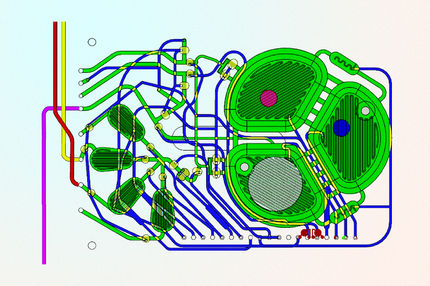Novozymes overcomes a barrier in the development of a safer allergy vaccine
Novozymes is now looking for a partner with an interest in the allergy vaccine field.
Advertisement
Novozymes, the world leader in enzymes and microorganisms, has overcome a major barrier in its programme to develop a new house dust mite (HDM) allergy vaccine. The technology developed for this vaccine could be of benefit to people suffering from this allergic condition.
Existing immunotherapy for HDM allergy involves the injection of extracts of HDM body and faecal pellets, and variability in the way that this material is prepared could increase the risk of anaphylactic shock due to sudden increases in allergen content. Moreover, the increase in allergies worldwide means that the large and growing need for allergy vaccines is placing a high demand on current supply.
Novozymes has now developed a recombinant version of Der p 1, one of the two major HDM allergens. Der p 1 is a complex protein that has up to now been notoriously difficult to express. However, Novozymes has successfully developed a scalable host system for the expression and processing of Der p 1, a considerable technological achievement. Furthermore, Novozymes has been able to make variants of Der p 1 that can reduce the risk of anaphylactic reaction, which can follow after vaccine injection.
Vice President of R&D Ejner Bech Jensen says: "The recombinant expression of Der p 1 in an FDA-approved host is a major accomplishment for Novozymes and could lead to the development of a new, immunologically safe vaccine that will provide real benefits for people who suffer from dust mite allergy and for whom current immunotherapy is unavailable, inappropriate or tedious.
"The technology that we have developed for e.g. modification of the immunological properties results in a safer but still potent vaccine, and this is very interesting," adds Ejner Bech Jensen.
Dr Jensen is referring to the development of proprietary 'low-allergenic protein technology' to analyse and modify protein epitopes. For allergy vaccines, this approach can lead to variants with reduced IgE production that elicit markedly reduced histamine-release-associated allergic reactions, thus reducing the risk of anaphylactic reactions. This approach leads to a safer and more patient-friendly vaccination regime and can be applied for producing vaccines against many troublesome environmental allergies such as grass, cat, birch and bee venom.
Business Development Director Anthony Nagle says: "Novozymes is delighted with both the expression of recombinant Der p 1 and the possibilities of applying our low-allergenic protein technology to biopharmaceuticals. The technology platform itself could be used with many other therapeutic proteins that sometimes elicit undesirable immune reactions."
Following the rapid progress that Novozymes has made with the vaccine, the company is now actively seeking a partner with an interest in the allergy vaccine field. Anthony Nagle continues: "Progress with product development has been so smooth that we are now looking for a partner to help us take the product into clinical trials. Novozymes will be attending the BIO 2004 Annual International Conference in San Francisco on June 6-9 to present this topic."
The allergy research project is part of Novozymes' strategy to look for long-term opportunities outside the enzyme area based on the company's core technology. These areas include: biopolymers, antimicrobial peptides, contract manufacturing of proteins and low allergenic protein technologies.























































